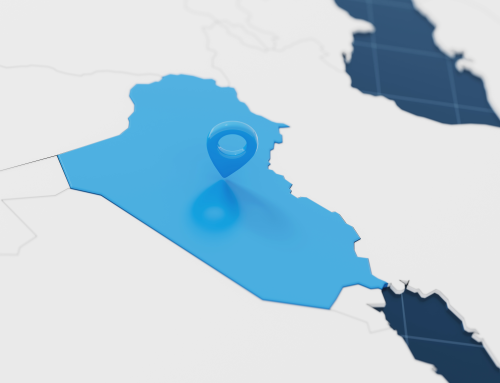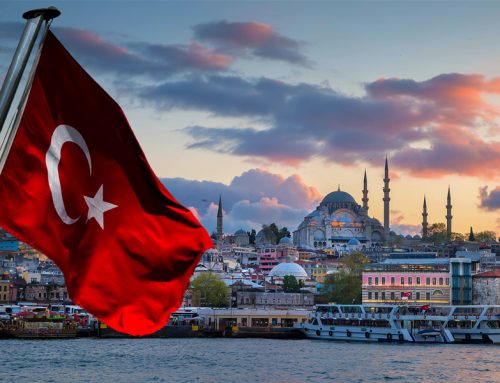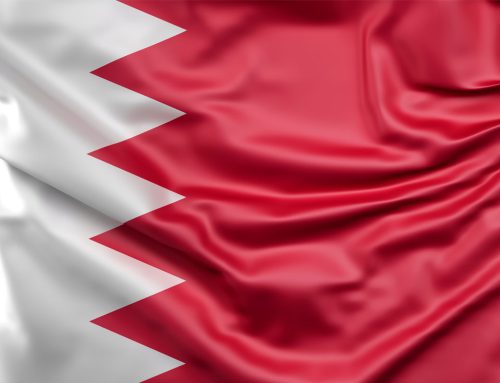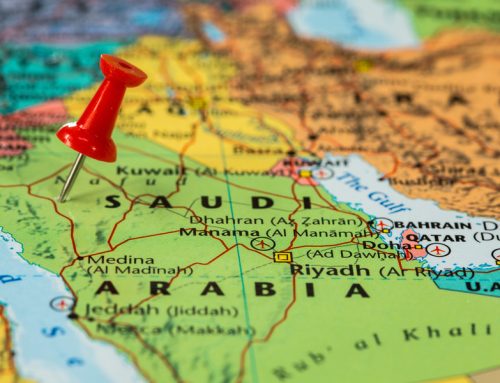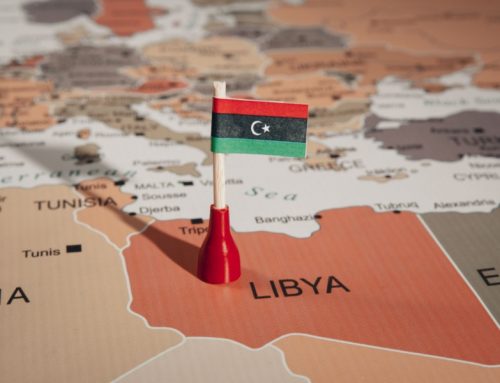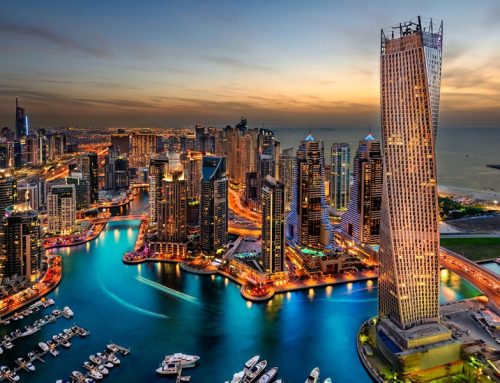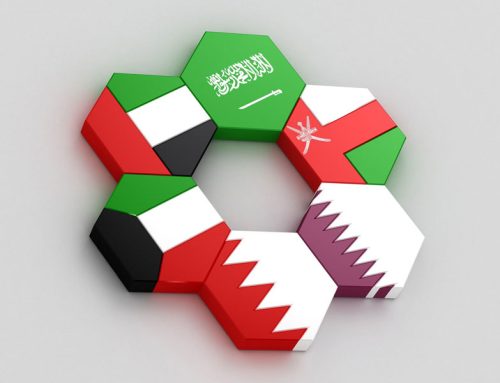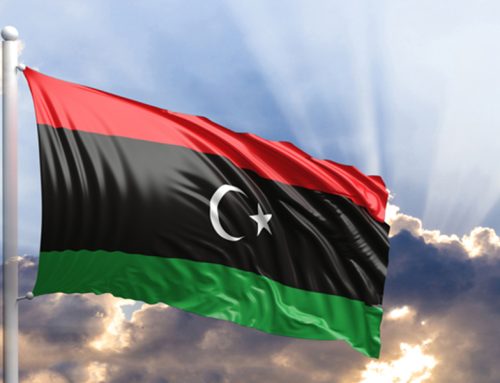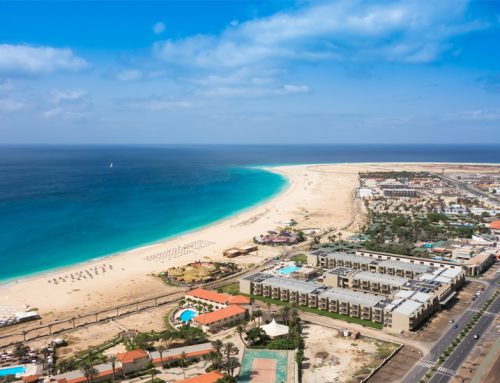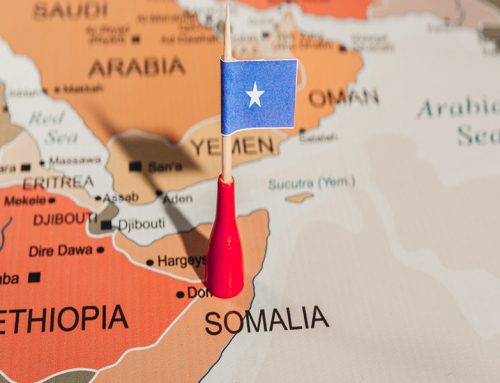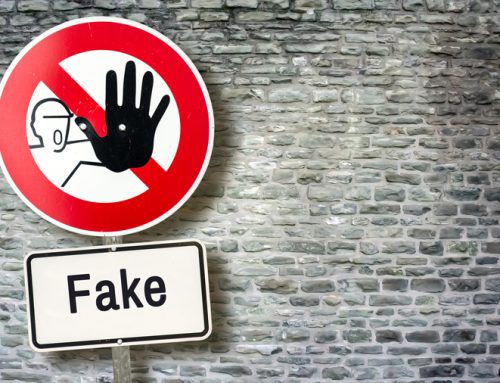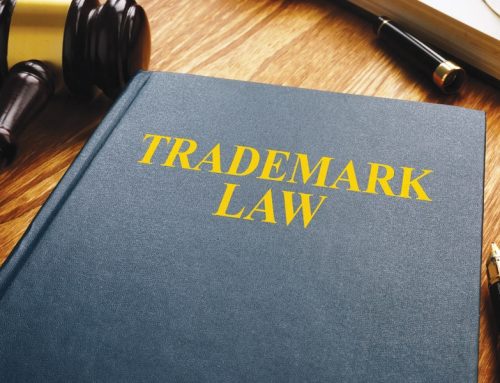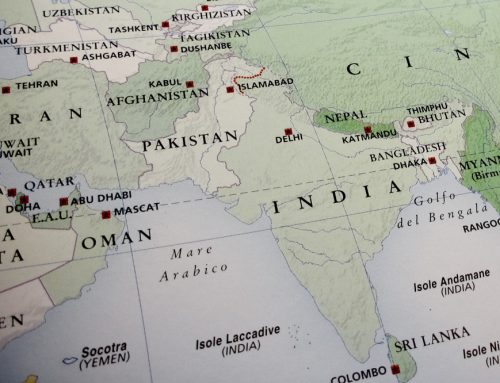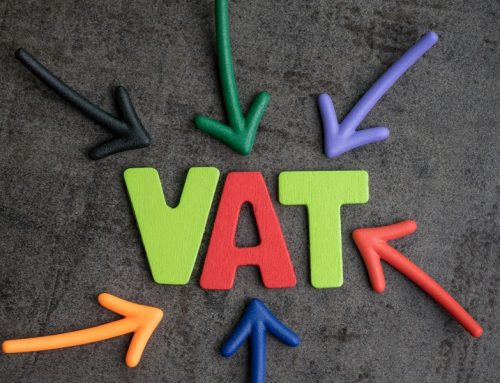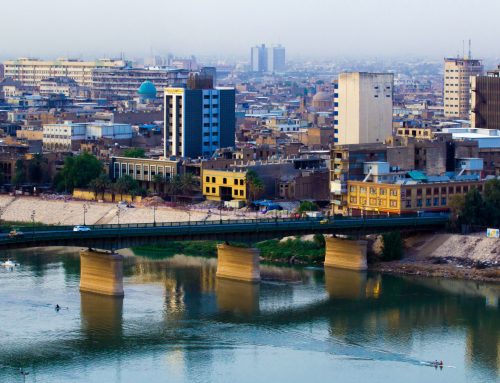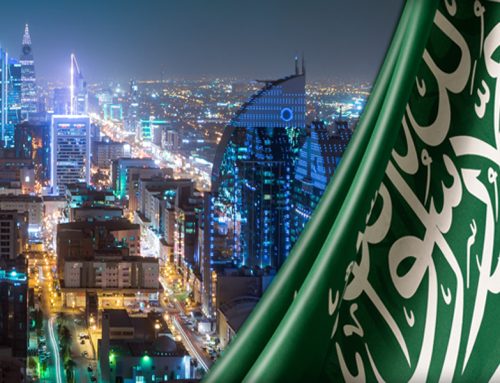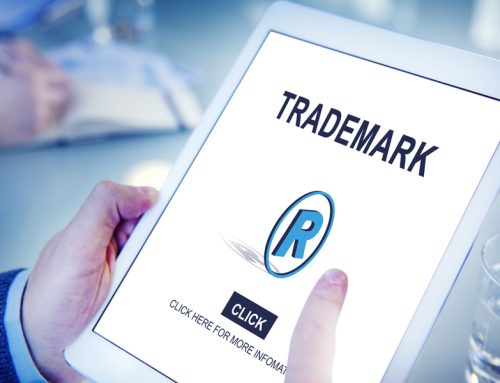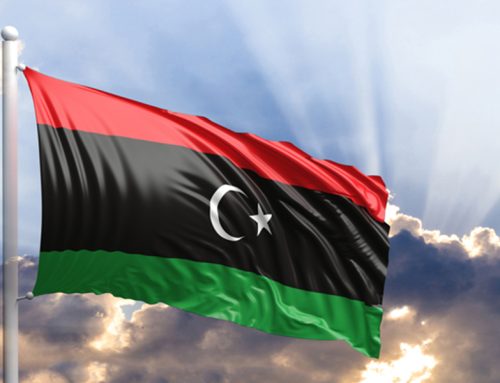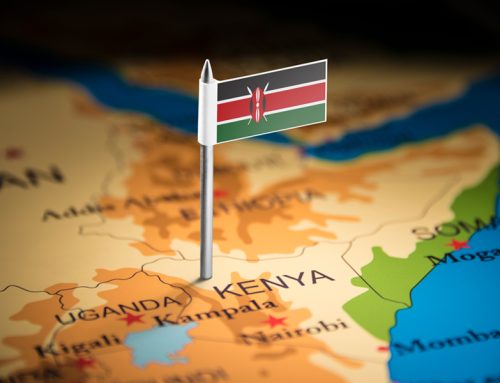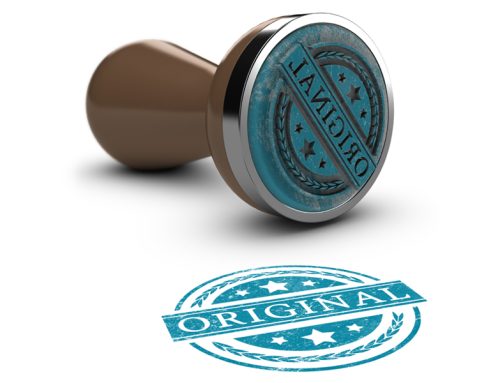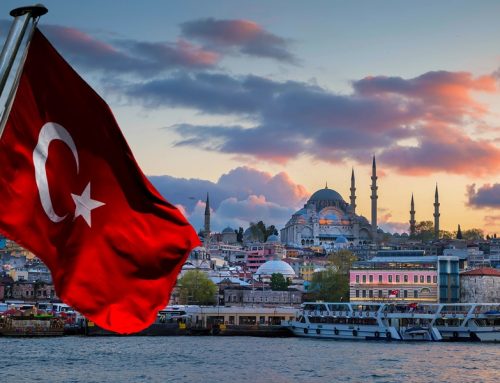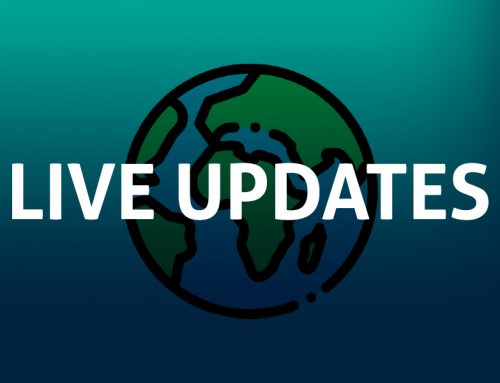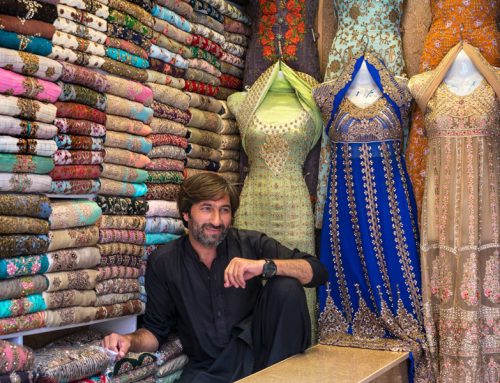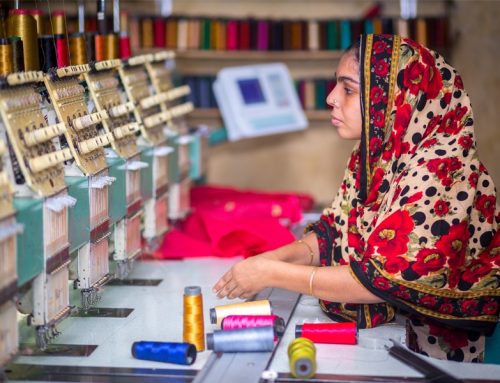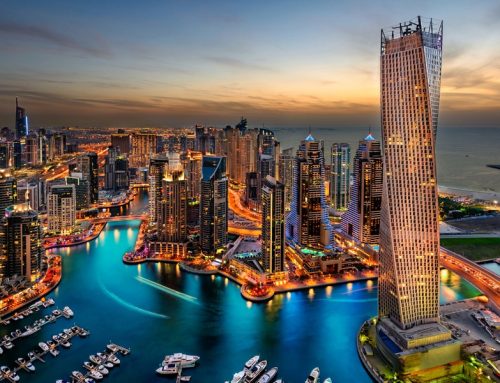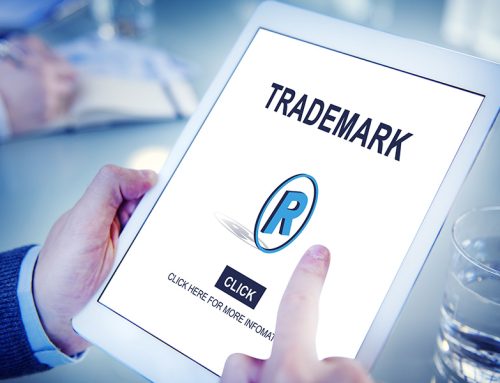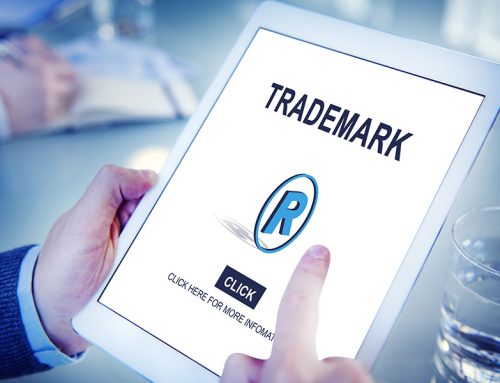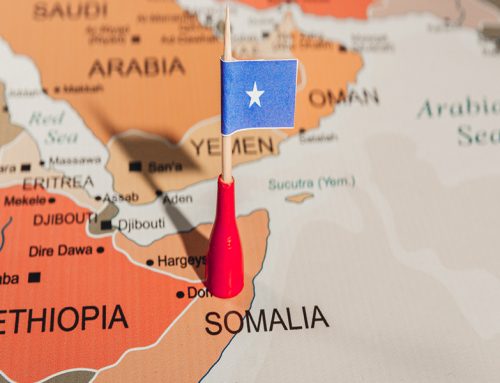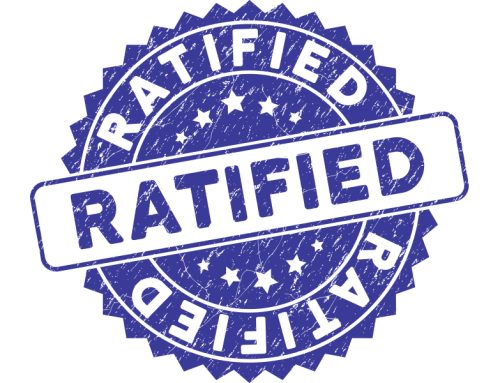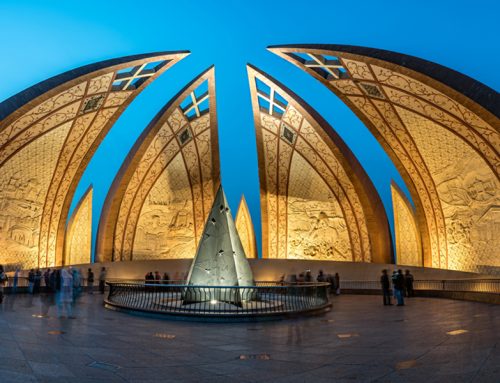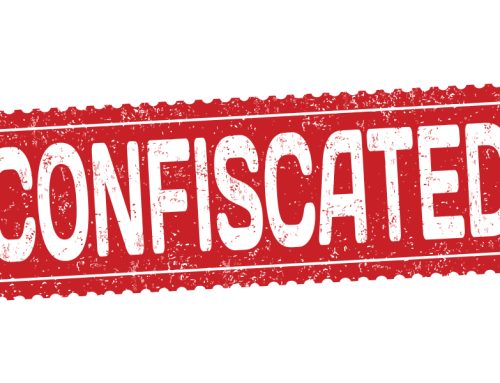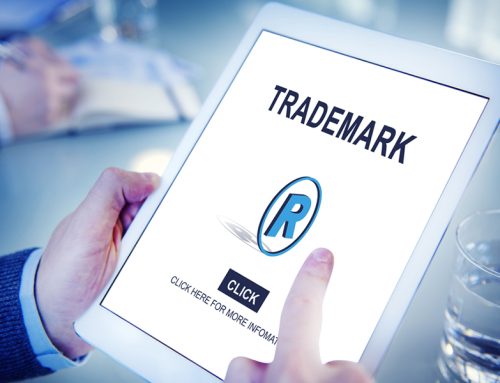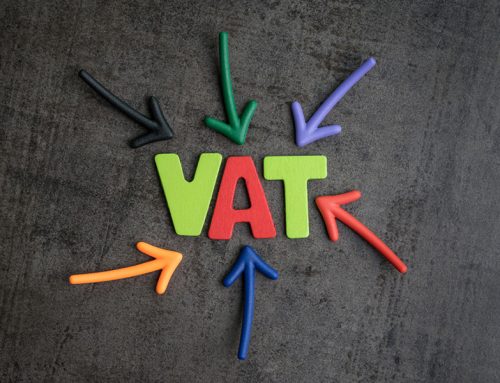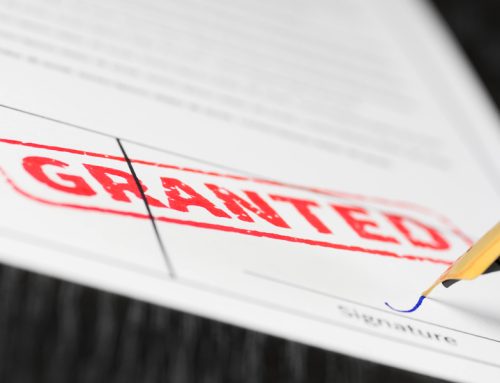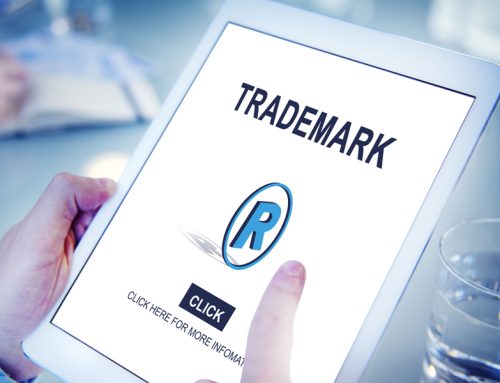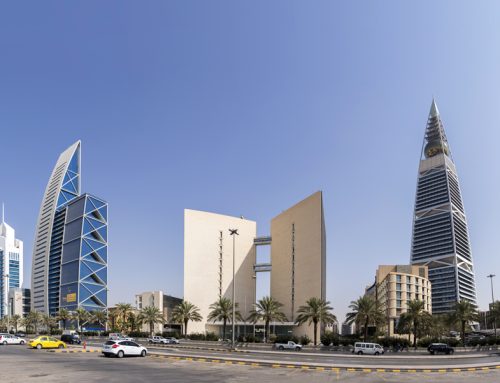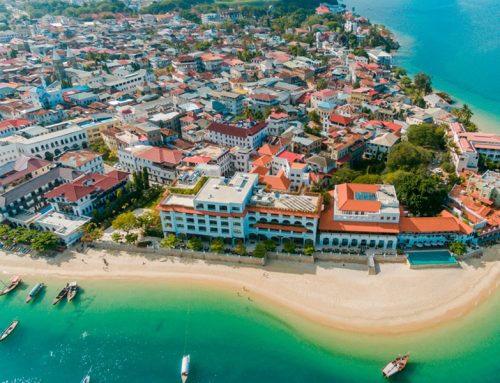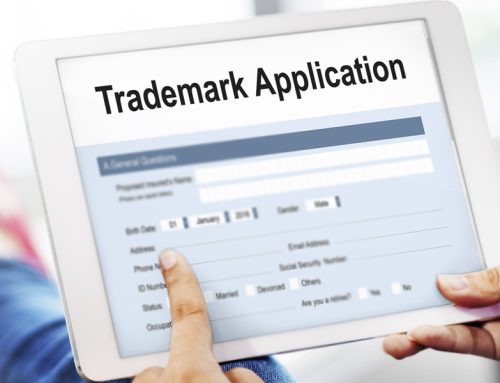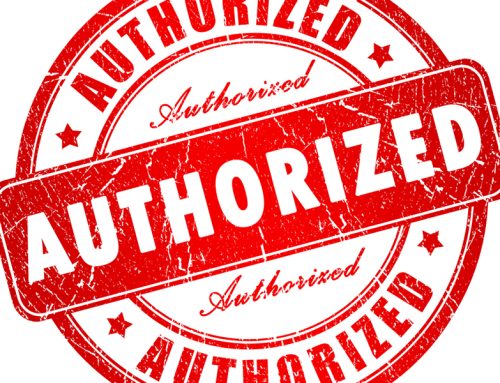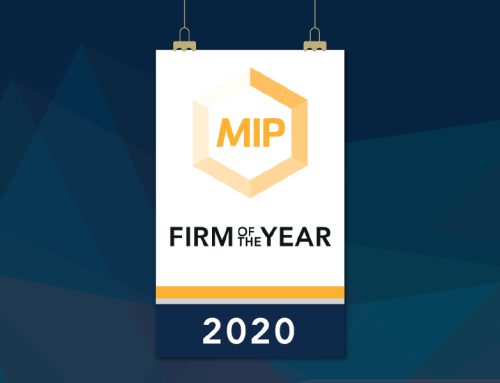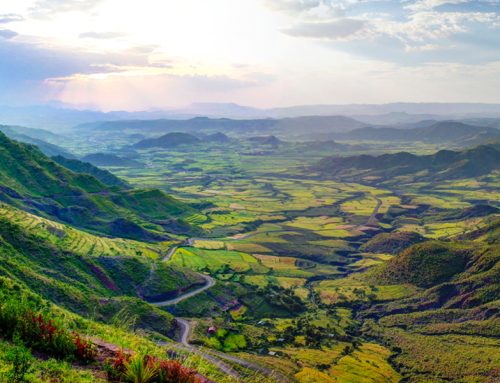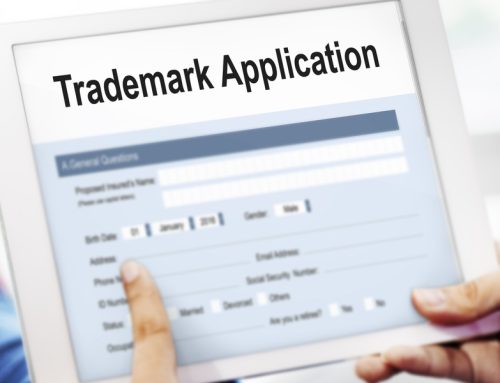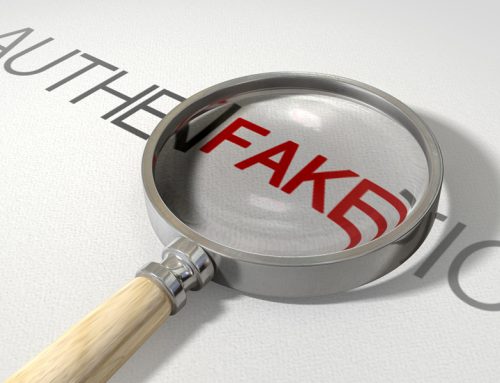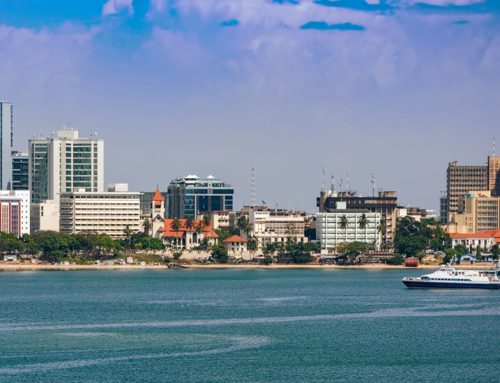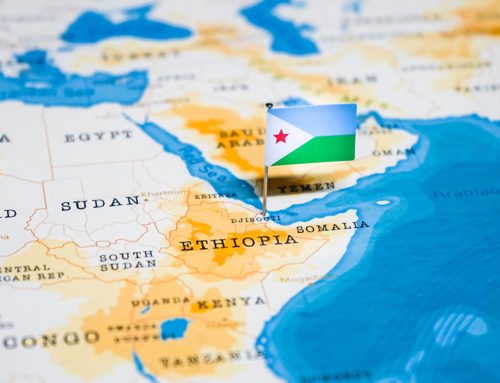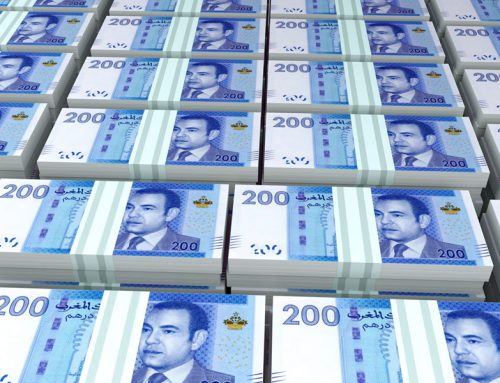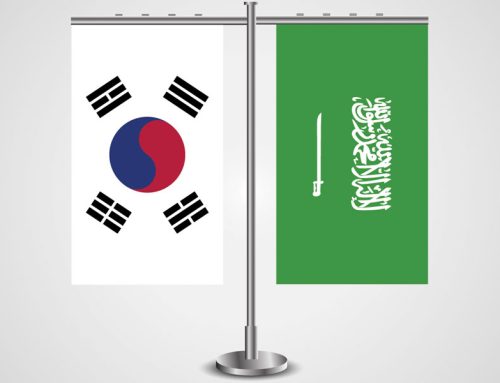Our annual “Year in Review” series sums up the most important intellectual property developments and news that unfolded over the past year in the Middle East, North Africa and their neighboring regions.
We are still waiting to see the effects of the political and civil uprisings in Tunisia, Egypt, Libya, Yemen and Syria on the IP protection framework of those countries. While the Libyan TMO began issuing trademark registration certificates after a wait of more than 37 years, nothing significant has unfolded in the remaining countries to date.
On the other hand, countries of the GCC have been relatively busy over the past few months with the introduction of the implementing regulations of the GCC unified trademark law. The regulations will be put into effect across all countries although there will be no unified/centralized filing system as is the case with the GCC patent law. Trademark applications will continue to be filed separately at the TMO of each GCC member state for protection, and the six different GCC countries will maintain their own trademark registers. Having said that, we are presuming at this stage that the official fees will not be unified over all six countries. Seeing that applications will be managed separately at each TMO, we would expect the official fees to vary depending on the individual overhead costs of the different TMOs involved. Nevertheless, we have seen UAE, Kuwait, Bahrain and KSA over the past few months making considerable revisions in their official fees schedules.
An important development that has been under the spotlight over the past few months was the Iran Deal that is expected to have a significant impact on both the economy of the country and global markets. Not only will the energy sector be particularly affected, but it is also anticipated that the economic impact of a partial lifting of sanctions will perpetuate the energy sector into a wide range of industries including consumer products, food and beverage, apparel, pharmaceuticals, and tobacco, among others. Although the US and EU sanctions programs currently in place allow individuals and entities to perform IP-related transactions, with the lifting of sanctions in Iran, we expect many businesses to look into expanding their operations into the country with a growing need for establishing tailor-made local IP protection strategies.
Other notable developments worth pointing out are outlined below:
- Egypt: Taking the Fast Lane on the Patent Prosecution Highway Pilot Program with Japan: The Egyptian Patent Office and the Japanese Patent Office began a two-year Patent Prosecution Highway program on June 1, 2015. The program allows an application that has been determined to be patentable by the Japanese Patent Office to undergo an accelerated examination by the Egyptian Patent Office with a simple procedure upon the applicant’s request.
- Lebanon: Updated POA Requirements: Lebanon declared a revision of the power of attorney authentication requirement on March 21, 2015 stating that all POA submissions after April 10, 2015 must be legalized by the Lebanese consulate.
- Iran: Remember to Seal the Deal: The Iranian Intellectual Property Office announced that all translated documents, including power of attorney, must bear the seal of the Iranian consulate on every page or at least include a seal indicating number of pages with an official stamp of notary public and the seal of the Iranian consulate. This update applies to all pending and future applications filed at the IIPO.
- Iran: PCT National Phase Entry: Patent filings in Iran have seen a significant increase in 2015 as a result of the country’s accession to the PCT in 2013. Indeed, the 30 month deadline for PCT applications claiming priority starting from October 4, 2012 was reached on April 4, 2015. Adding on top of that the nuclear deal agreement, and Iran’s educated work force and industrial capabilities, we expect to see an increased demand in patent protection as the enforcement landscape starts taking on shape.
- Morocco: European Patents Recognized: Morocco became the first country not signed up to the European Patent Organization to validate European Patents starting March 1, 2015.
- Morocco: Protection of Geographical Indications: Morocco concluded an agreement with the European Union in March 2015 concerning the protection of food and agricultural products of specific geographical locations. The geographical indications agreement has yet to be passed by the legislative authorities in Morocco and the European Council and Parliament.
- Morocco: Laying Down the Law Update: Morocco issued Law No. 23-13 on December 18, 2014, which amends and completes Law No. 17-97 of 2000. The new law entered into force on the date of announcement. The law includes provisions on the protection of patents, integrated circuits, industrial designs, trademarks, and trade names.
- Oman: Protecting New Plant Varieties: Applications for protecting new plant varieties may be filed with the General Directorate for Plant and Animal Research at the Ministry of Agriculture and Fisheries as of June 2015.
- Saudi Arabia: PCT National Phase Entry Begins on Schedule: The Saudi Patent Office accepted the first PCT national stage entry on February 3, 2015. The requirements, annuity due dates, and fees remain the same as for convention filings.
- Libya: Reinstatement of Expired Trademark Registrations: The TMO has reportedly opened the door until December 31, 2015 for the reinstatement of trademark registrations which have expired in the years 2013 to 2015. According to the statutory provisions, the protection period is 10 years from filing date. However, the purpose of this exemption is to address the considerable backlog of work that the TMO is currently dealing with which comes as a result of the ongoing unrest in the country leading to an increased load vis-à-vis the present level of resources. With this new arrangement, the TMO is obviously trying to stream-line the flow of work in the best possible way although it is still not clear if the end-of-December deadline is final or will be extended any further.
- UAE: Speeding Up the Opposition Process: The UAE Trademark Office began the implementation of a special project to clear the backlog of pending opposition cases in March 2015. This project allowed the TMO to hold hearings and issue decisions for all pending opposition cases immediately after holding the hearing sessions.
With this Review, we attempted to answer many of the questions commonly asked regarding IP procurement in our region in light of the recent fundamental developments. This Review is not intended to be comprehensive. Hence, many details are omitted to avoid complications as much as possible.
